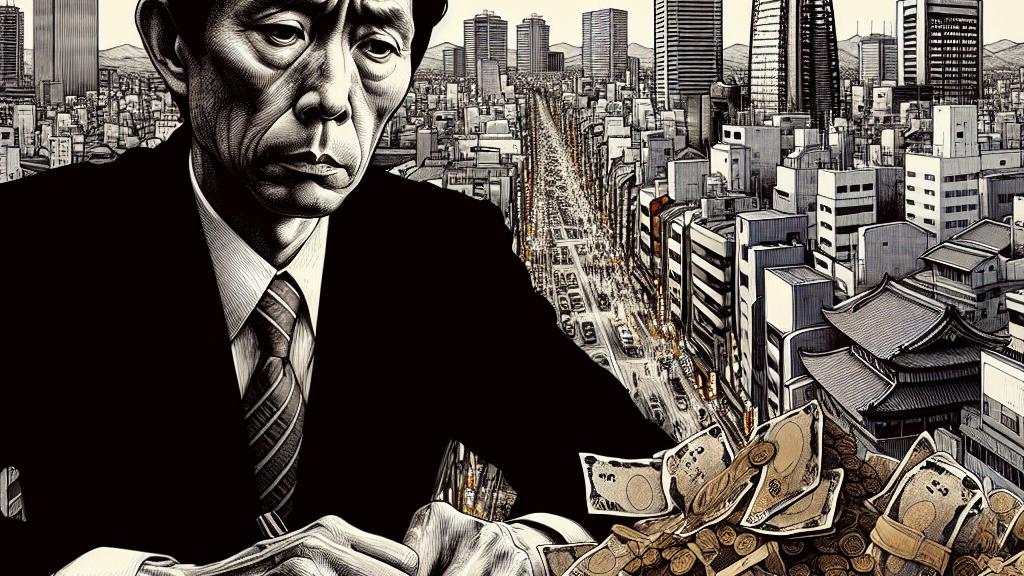Understanding a Court Case about Wrongful Conviction and Compensation
Overview
- Shinobu Yamagishi, a former company president, is fighting for compensation after being wrongfully convicted of embezzling 2.1 billion yen.
- The trial exposed troubling tactics by prosecutors, raising significant ethical questions about their methods.
- Frequent claims of amnesia from key prosecutors during testimonies left many baffled and sparked a larger debate on accountability.

Background of the Case
In the bustling city of Osaka, Japan, a complicated and heart-wrenching legal battle unfolds, centering around Shinobu Yamagishi. Once a thriving business leader, Yamagishi found himself accused of a staggering crime: embezzling 2.1 billion yen (over $20 million). Imagine the devastation as he learned that his life’s work was overshadowed by these serious allegations. After enduring a grueling trial and a relentless public scrutiny, Yamagishi was ultimately found not guilty, a verdict that should have restored his reputation. Yet, the scars of wrongful accusation remain, prompting him to take the bold step of suing the government for damages, seeking justice for the immense suffering he endured due to the misconduct during the investigation.
The Role of Prosecutors
As the trial progressed, revelations about the investigative tactics employed by the Osaka District Prosecution Special Investigations Unit became increasingly concerning. Prosecutors aimed to manipulate testimonies from Yamagishi’s associates, attempting to coerce them into claiming he was aware of the embezzlement scheme. Strikingly, one witness initially denied any wrongdoing, only to later switch his story under immense pressure. This shift raises alarm bells about the integrity of the legal process. Such unsettling tactics not only compromise the principle of justice but also highlight an urgent need for reform. This sets a compelling narrative about the lengths to which some may go in order to secure a conviction, showcasing a system in dire need of scrutiny.
Claims of Injustice
What made the courtroom proceedings even more perplexing were the frequent claims of memory lapses made by the lead prosecutor. Each time he stated, 'I don’t remember,' it struck a dissonant chord with onlookers and critics alike. How can someone in a position of responsibility repeatedly claim ignorance about key events in such a high-stakes trial? This recurring theme of forgetfulness not only undermined the credibility of the prosecution but also highlighted a disturbing trend within the justice system—one where accountability appears elusive. Members of the public and legal experts echoed their frustration, insisting that it is vital for prosecutors to acknowledge and rectify their missteps to ensure the justice system functions as it should.
Broader Implications
The implications of this case extend far beyond Yamagishi’s individual experience. It serves as a glaring reminder that the legal system must prioritize not only the pursuit of justice but also the treatment of individuals caught within it. As the spotlight shines brightly on prosecutorial conduct and ethical standards, one important question arises: How can we reform these systems to prevent future occurrences of wrongful convictions? This discourse becomes crucial, not just for those directly involved, but for society as a whole. As the trial continues, it is imperative that the public remains engaged, advocating for a legal framework that upholds integrity and restores trust in the institutions designed to protect the innocent.

Loading...